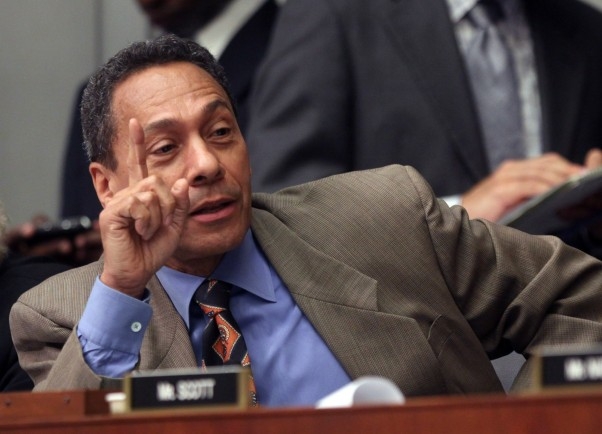Advertisement
FHFA’s Watt Details Challenges to Increasing Black Homeownership

The challenge to encourage a higher level of homeownership among the African-American population was addressed by Mel Watt, Director of the Federal Housing Finance Agency (FHFA), in a speech delivered before the National Association of Real Estate Brokers 70th Annual Convention.
“While homeownership is not right for everyone and we should all be advocating for African-Americans to diversify their investments beyond just investments in their homes, homeownership has long been a great way for our families to build wealth,” said Watt, who acknowledged the historical obstacles of redlining and discrimination that slowed efforts for increased black homeownership. “Studies confirm that, even after accounting for the severe adverse impact of the housing crisis, homeownership continues to be a powerful tool for building wealth in our communities.”
Although Watt noted that the government-sponsored enterprises (GSEs) were not lenders, he added that “one of our biggest challenges at FHFA has been getting lenders to make loans to creditworthy borrowers who want to buy a home—that has been far from an easy challenge to meet.” He cited his agency’s efforts to provide assistance in the down payment process, which he identified as a major stumbling block that still keeps many people from buying property, and through the alternative credit score model and other efforts to determine creditworthiness outside of the traditional credit report model.
“In light of the number of borrowers who do not have traditional credit, another important change at both Enterprises has been to allow the purchase of loans through their automated underwriting systems to borrowers who do not have credit scores,” Watt continued. “This program requires the lender to certify a borrower's repayment history on non-traditional forms of credit, such as rent payments or utility bills. While certainly not a substitute for working with borrowers to build or repair their credit scores, this is an important step to enable the GSEs to consider non-traditional sources of credit, particularly rent payments.”
But Watt also stressed the need to ensure the viability of Fannie Mae and Freddie Mac cannot be sacrificed in the pursuit of higher homeownership levels. “In addition to the statutory responsibility FHFA has to ensure liquidity and access in the housing finance market, we also have the responsibility to ensure the safety and soundness of the Enterprises,” Watt stated. “We are constantly balancing these statutory obligations. For now, I continue to believe that we have found the right balance.”
About the author





